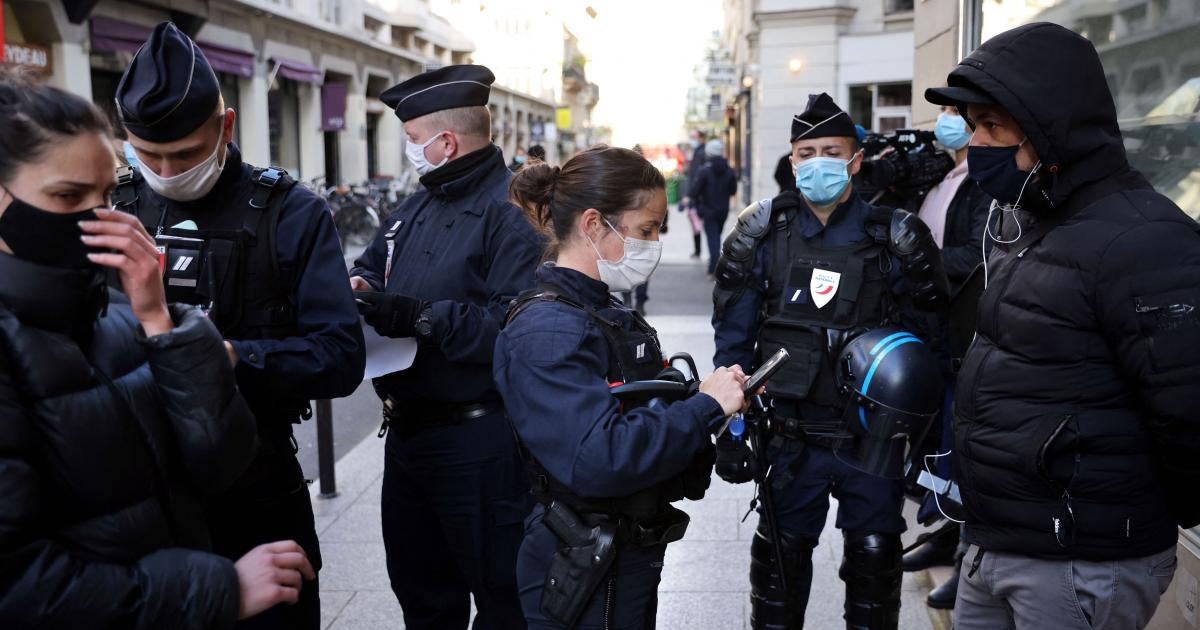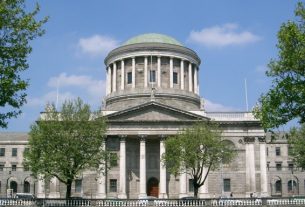For the first time in France, the Council of State, the country’s highest administrative court, has recognized the existence of racial profiling by the police during identity checks. This is historic. But the court failed to order French authorities to take the necessary measures to end this long-standing, abusive practice.
On October 11, the Council of State handed down a long-awaited decision in a groundbreaking class action suit, brought in 2021 by six human rights groups, including Human Rights Watch. The suit revolved around discriminatory identity checks carried out by French police, a widespread and systemic practice that disproportionately affects Black and Arab youth in working-class neighborhoods, including children as young as ten. The practice has been extensively documented by activists, civil society groups and national and international human rights institutions.
UN rights experts have repeatedly urged French authorities to end to these unlawful, humiliating, and degrading police checks. In 2016, the Court of Cassation, France’s highest court of appeal, ruled that discriminatory checks constituted “a gross fault that engages the responsibility of the State.”
Discriminatory police stops often lead to more serious police violence that can end fatally. They also strain the relationships between police and communities.
But successive governments have refused to act against this scourge, despite claims that they want to promote “principles of the French Republic” against discrimination, and notwithstanding France’s national and international obligations’ to act.
The groups launched the suit following the 2016 passage of a new law allowing this procedure to push for governmental reforms.
In its decision, the Council of State recognized the existence of the practice of racial profiling, which cannot be reduced to isolated cases, and that it constitutes “a blatant disregard of the prohibition on discriminatory practices.” This is an important acknowledgement that should push the government to ditch its denial. But the judges’ failure to take the next step and order the state to take the necessary actions to end racial profiling is particularly painful for the people who endure this injustice on a daily basis.
The ruling puts the ball firmly back in the government’s court. The latter can no longer turn its back on the countless people targeted by racist policing, nor on its national and international obligations. Now, more than ever, the French government has a duty to act to ensure that no one in France feels like a second-class citizen at the hands of the police because of their perceived ethnicity or skin color.



